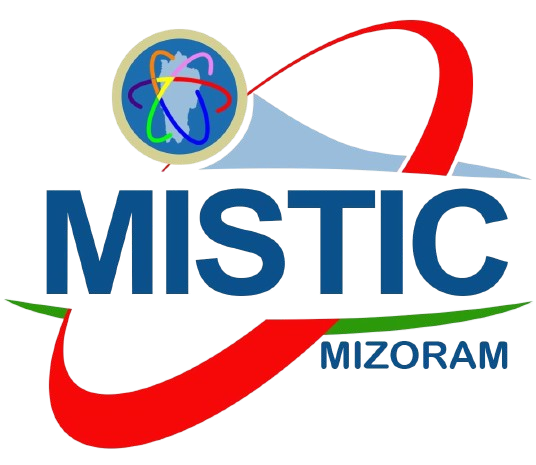MUTHI
Home > STI Needs on Spatial Domain > MUTHI
Muthi is a village of 200 houses with a population of about 900 persons, located in the North of Aizawl at Tlangnuam Block, Mizoram. The village is known for its large production of milk and is known to be the highest milk producer in the state. The village is also known for its beautiful scenery and park situated at the top of the peak which is one of the most beautiful parks nearby Aizawl.
People living in Muthi depend on multiple skills for their livelihood which include animal husbandry, farming, carpentry and providing services. Cattle rearing particularly buffaloes is the biggest employment in the village. It is an adopted village by the College of Veterinary Sciences and Animal husbandry, Selesih and Govt. Hrangbana College.
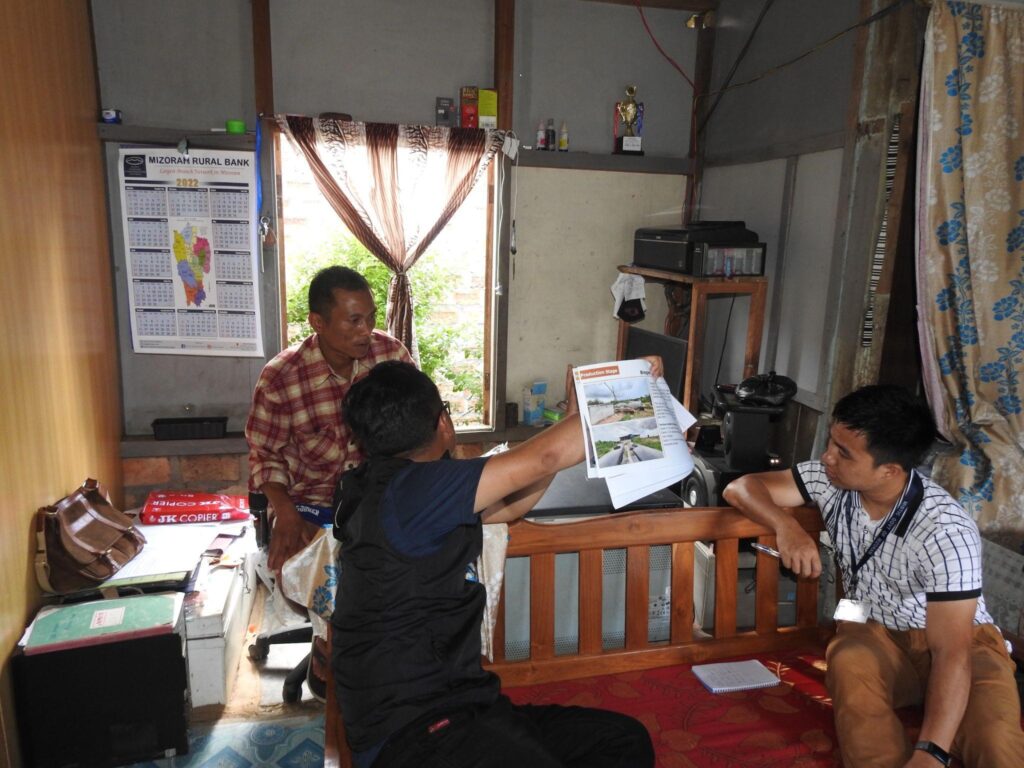
Cattle farming at Muthi:
Cattle farming is the most important livelihood in Muthi as more than half of the families in the village earn their livelihood from activities related to cattle farming. About 40 families are engaged in rearing cattle, 20 families in supply of milk and a few families engaged in supply of feed for the cattles. The cattles are mostly housed in barns near their houses.
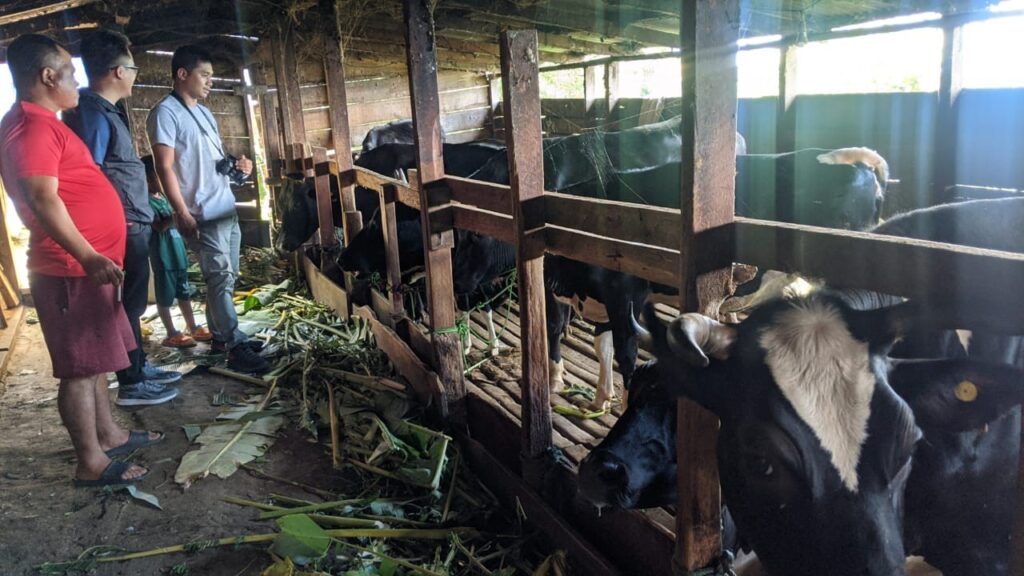
Feeds:
The cattles are fed mostly with banana leaves, wheat husks and broom leaves. There are not enough resources for feeds in the vicinity of the village, so people have to travel to nearby villages like Serzawl and Sairang to get their feeds. Collection of cattle feeds requires full time work and is becoming more and more laborious as the forest areas are becoming lesser.
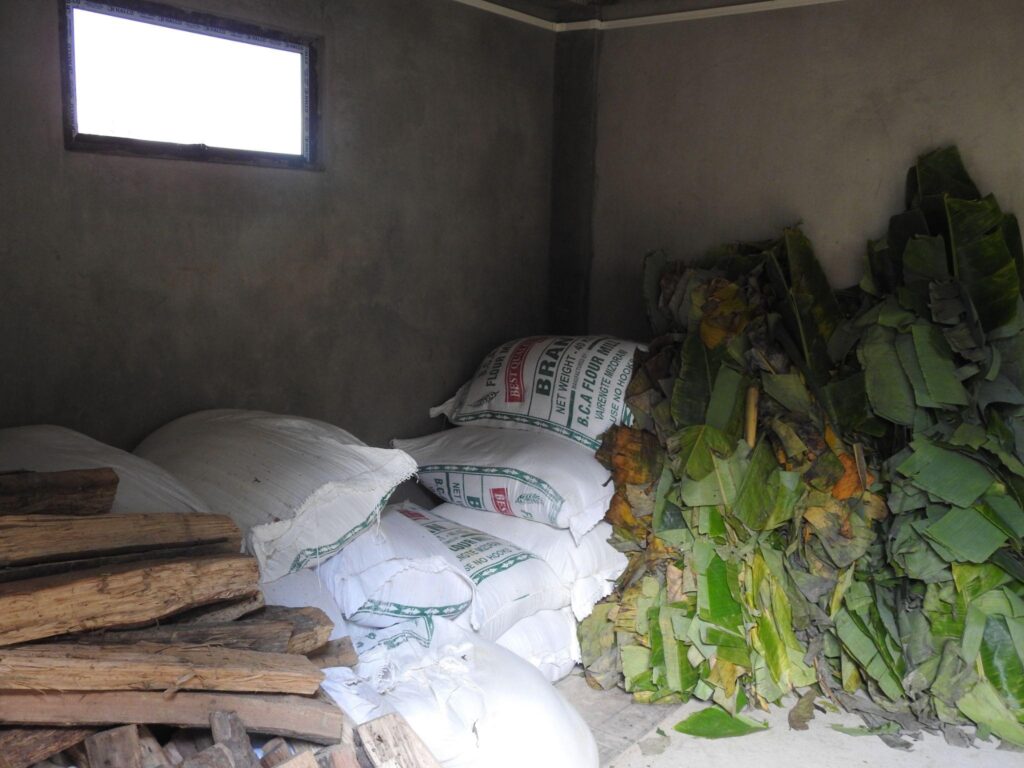
Dairy production and marketing:
800-900 litres of milk are produced daily in Muthi making the village the highest producer of milk in Mizoram. More than 20 families earn their income from the supply of milk to Aizawl and other villages. The milk is manually packed in polythene and sold directly as a local produce without processing and without intervention of industries/companies. A litre of milk costs 50 rupees at Muthi while they are sold at 80 rupees in Aizawl. The President of Village Council believes that branding of milk from Muthi would surely boost sales and bring better profit. The problem reported in milking is that it requires skills and practice. Since it is tedious, it often requires a dedicated and punctual full time working milkman.
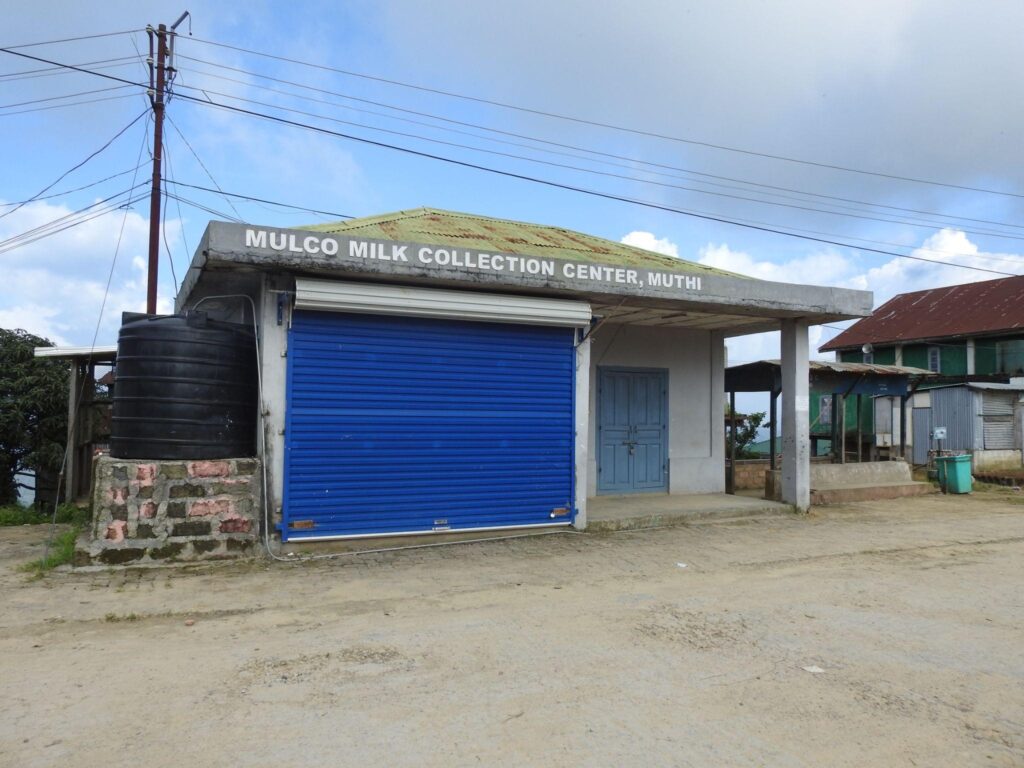
Production of Biogas:
There are several biogas plants set up privately within the village mainly used for cooking purposes. The production of biogas from cow-dung seems to be promising for self sufficiency in cooking gas. However, many plants failed due to water shortage in the village.
Problems & Needs:
Two epidemic diseases had affected the livestock recently at Muthi. The first was the Cow leg disease that was spread by cows received from the state flagship program New Land Use Policy (NLUP). The second was the African Swine Fever (ASF) that killed most of the pigs at Muthi. Treatment, control and preventive measures of such epidemic diseases is a need that would bring assurance to the farmers.
2.The conventional rearing of cattles specially cows can be laborious, difficult and requires full time effort of the families engaged. The activities involved include collection of fodder, feeding, milking, selling of milk, taking care of the herd etc. Use of technologies that can bring efficiency and effectiveness in the mentioned activities would surely boost productivity of the farmers. Examples of technologies that would increase efficiency include:
i) Hydroponics for fodder production: Collection of fodder is a full time work that takes an entire day since the feeds are collected from distant locations. The cultivation of feeds by hydroponics system not only saves time and effort but also produces nutritious fodder that enhances milk production.
ii) Chaff cutter : The cutting of crop residues increases the consumption and palatability of the feeds which improves animal digestion and prevents animals from rejecting any part of their food.
iii) Milking machine: Milking machines are known to reduce the milking time by upto 50% over the manual process. It also leads to hygienic milk collection
iv) Bulk milk chiller/can chiller: Many times, the milk spoiled due to delay in collection. Milk chillers would ensure that the milk remains at a desired quality till it gets collected to be processed or sold.
v)The milk produced within Muthi is sold by milkmen from several places. Milk is collected from Muthi at 50 rupees per litre and sold at 80 rupees at Aizawl. Branding and regulation of the price of milk is believed to bring better income to the farmers and generate employment to the people at Muthi.
